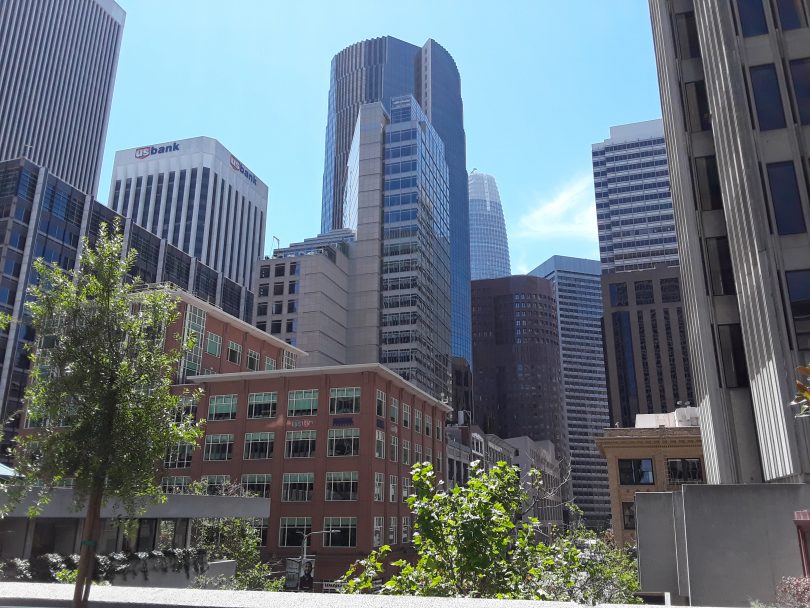Why are there more single women in New York than single men? Why are the best hospitals, opera houses, concert halls, and world-class companies located in a big city like Houston or London? Why does your former college buddy in San Francisco earn triple the money than you in Waco, Texas? How did your BFF from the master’s program manage to get married to the amazingly sexy and intelligent French bank executive while you are still desperate on Bumble? How was it possible that your brother sold his condo with a gain of over $200K after only a few years while your house barely appreciated during the same time period?
Here is the answer: it’s all about the unparalleled opportunities in the big city. If the city has more than 10 million inhabitants, then it might be called a mega city; if it’s truly international and integrated in the world economy, a cosmopolitan city. Either way, these are the places where the action happens. Here is where freedom and meritocracy meet, creativity rules, and energy permeates everything and everybody. Chances are just fewer in small cities, as we outlined previously.
Economies of Scale
Let’s start with some basics of what makes cities special. At the core, it’s a function of costs. Operating an opera or a hospital is expensive. To make ends meet, you need enough paying visitors to use the services offered. This makes it a self-reinforcing cycle. City builds opera house because of sufficient population. New people arrive because of the great cultural life, which in turn allows a second opera house or expansion of the current one. The same goes for hospitals, universities, sport stadiums—anything that’s big and bulky, including shopping malls or high-end shopping streets. Of course there are always exceptions, but by and large the big city rules because of economies of scale.
Energy and Optimism
You heard the expression of a city that never sleeps. It’s going 24/7. No rules about a shop’s opening hours. A subway that runs around the clock; or, if it shuts down, there are night buses to get you home. You walk the streets and feel the energy. Buses and trains are full of interesting individuals, and people from all walks of life and geographies meet everywhere. Your favorite Indian restaurant is run by Indians, but your favorite Mexican taco chain by Chinese immigrants. All good. Honking on the streets, maybe helicopters in the air. You can sense and see the overall energy, the drive of the people in the city. It is contagious like a virus. You cannot sit still or be a slacker when your friends, colleagues, and strangers are hustling and bustling. This energy also has a certain ring of optimism. People work and run to get ahead in life. Inspired, you become part of the crowd. You work harder, walk faster, get more done, and ultimately are more successful.
Optionality and Serendipity
People sometimes are afraid of life in the big cities. The stress, the pollution, the costs for even a small living space. But what they often don’t see is the long-term trajectory a large city offers. While you might be constrained financially upon arrival, the opportunities will come at you just by virtue of being there. Options, options, options everywhere, from the availability of headhunters and other job placement firms to meeting your new boss at a party to being introduced to a great real estate agent who will help you get your first little starter home. It is impossible to plan for these encounters and opportunities. But they are there, waiting for you. One good connection might lead to a better one. Just trust serendipity.
Takeaway
So far, so good. But wait, there is much more! In our second part of this blog, we will share even more unparalleled opportunities and benefits of living in a big city with you. Can you guess which ones they are?
© 2019 Michael Froehls – All Rights Reserved







